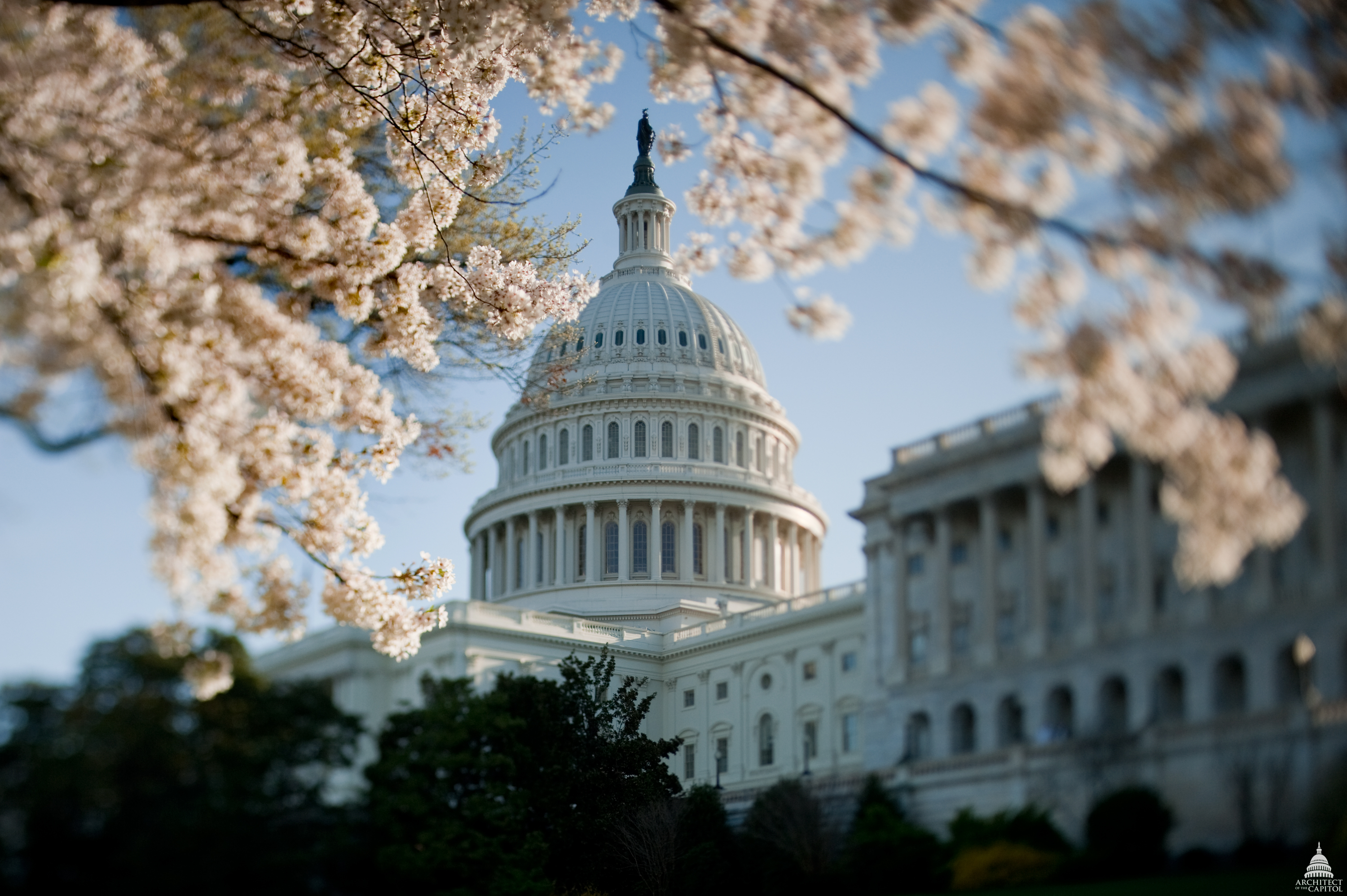Senate Vetting HR 1 Bill Applying Political Ad Disclosures Online
Would also boost TV, radio disclosures of ad funding

The smarter way to stay on top of the multichannel video marketplace. Sign up below.
You are now subscribed
Your newsletter sign-up was successful
The Senate on Wednesday (March 24) will hold its first hearing on a new bill that could reduce the media's massive election ad take by extending political ad disclosures to online ads on the largest digital platforms, beefing up content disclosures for political spots and other content on television and radio and making existing disclosures more prominent.
The Democrat-backed bill has President Biden's support.
Also Read: New Bill Would Heighten Political Ad Disclosures
The goal is to rein in "dark money." That is money to influence elections but funneled through nonprofits and shell companies so its source remains obscured.
The Senate Rules Committee, chaired by Sen. Amy Klobuchar (D-Minn.) is holding a hearing Wednesday (March 24) on the For the People Act of 2021 (HR 1). The bill — the first of the new session, as its number suggests — was introduced Jan. 4 and passed the House. But it will be a tough sell in the Senate. Republicans are likely to filibuster it, but the filibuster is also in jeopardy, as Democrats contemplate getting rid of, or at least modifying, the procedure that allows a single senator to delay passage of a bill.
When the Supreme Court ruled in the Citizens United case that corporations and unions had free speech rights and lifted limits on how much money they could spend on elections, the court also said that disclosure would be a key element to balance that new freedom.
There will be two panels of witnesses on the bill.
The smarter way to stay on top of the multichannel video marketplace. Sign up below.
Panel I features former Attorney General Eric Holder; Michigan Secretary of State Jocelyn Benson; Michael Waldman, Brennan Center for Justice; Mac Warner, West Virginia Secretary of State; and Todd Rokita, Indiana attorney general.
Panel II features former FEC Chair and Campaign Legal Center founder Trevor Potter; Fred Wertheimer, director of Democracy 21 (and former president of Common Cause); Tiffany Muller, president, End Citizens United/Let America Vote Action Fund; and Bradley Smith, former FEC chair and chairman of the Institute for Free Speech.
Among other things, the bill at issue would change the disclosure language that applies to “radio” and “audio,” meaning online audio as well as broadcast, and change references to “television” to “video format,” which would incorporate streaming.
The bill would mandate that online platforms maintain files of political ads for public inspection, as broadcasters are currently required to do, and that those buying the ad time provide the requisite information for the file, which includes a digital copy of the ad, a description of the target audience, the average rate charged for the ad, the name of the candidate and the office they are seeking, as well as the election to which the ad refers. The file would have to be retained for at least four years.
For a candidate ad, it must include the name of the candidate, the authorized committee and the committee treasurer.
“Online platform” is defined as “any public-facing website, web application, or digital application (including a social network, ad network or search engine).” But it only pertains to those platforms with “50,000,000 or more unique monthly United States visitors or users for a majority of months during the preceding 12 months,” which would include YouTube, Facebook, Twitter and Amazon.
The bill would also require broadcast, cable and online platforms to make “reasonable efforts” to ensure political ads are not purchased by foreign nationals, directly or indirectly.
Also Read: Dems Seek FCC Political Disclosure Closure
In the interests of giving the public more tools to combat election disinformation, the bill would require the Federal Election Commission to conduct a study on “media literacy with respect to online political content consumption among voting-age Americans,” including recommendations for improving critical skills when it comes to consuming political content in general, and online political content in particular.
Contributing editor John Eggerton has been an editor and/or writer on media regulation, legislation and policy for over four decades, including covering the FCC, FTC, Congress, the major media trade associations, and the federal courts. In addition to Multichannel News and Broadcasting + Cable, his work has appeared in Radio World, TV Technology, TV Fax, This Week in Consumer Electronics, Variety and the Encyclopedia Britannica.

